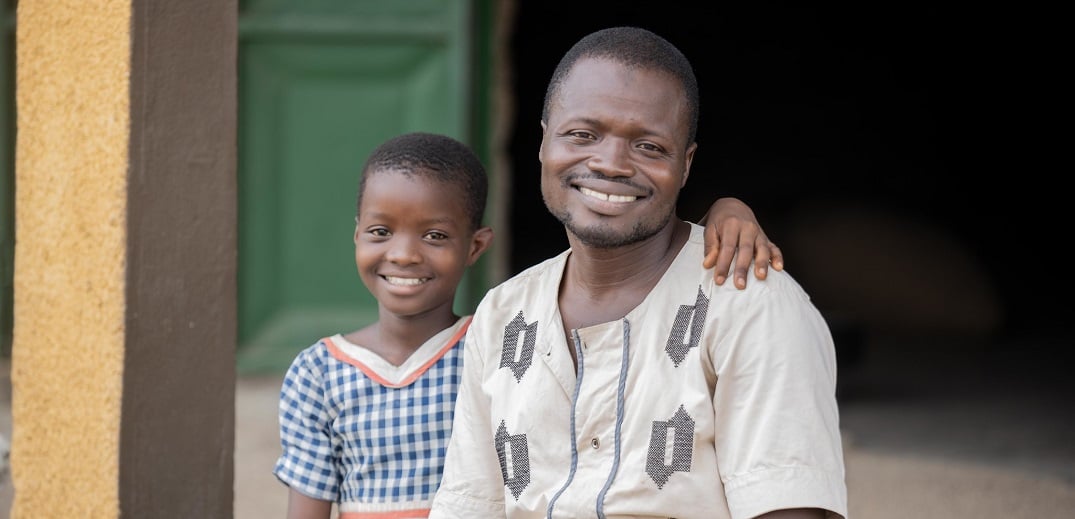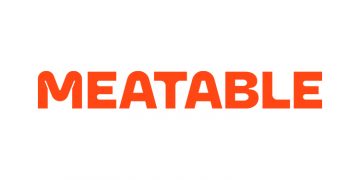Nestlé’s income accelerator program is helping cocoa farmers substantially improve cocoa productivity as well as increase their net income, according to a report published by KIT Institute. The report states that high-quality pruning of income accelerator cocoa farms contributed to a 32% increase in cocoa yields. The total net income of income accelerator households rose by 38%, resulting in a higher proportion of these households achieving a living income.
The report is based on a study conducted over the first 18 months of the income accelerator program, in which a sample of 2 000 households spanning 28 cooperatives in Côte d’Ivoire were examined.
The study additionally found that Nestlé’s program has effectively mitigated diseases and pests on farms, thanks to the implementation of good agricultural practices. The program has facilitated income diversification, promoted financial access and positively influenced women empowerment and child schooling rates. School enrollment is a key focus area of the income accelerator program, and the proportion of children attending school increased by of 10% points (vs. 5% points in the comparison group).
Furthermore, there has been a remarkable surge in the proportion of households investing in small businesses, such as agro-processing, boutiques, barbershops or soap-making. The increase is more than double, rising from 21% in 2022 to 55% in 2023. At the time of the study, these activities were still in an exploratory phase and had not yet generated significant income changes.
The program also promotes women’s financial inclusion by facilitating their participation in Village Savings and Loans Associations (VSLAs). These associations provide opportunities for savings and loans, with a particular focus on women looking to start or expand their own business. They offer various trainings on topics such as gender equality and entrepreneurship. The study highlights a 52% increase in the number of women enrolled in these associations.
“The test-at-scale of Nestlé’s income accelerator program has confirmed the initial results we saw in the pilot phase,” commented Darrell High, Global Cocoa Manager at Nestlé. “The program is transforming the way cocoa is farmed by professionalizing labor and ensuring trees are pruned. It is great to see that these professionally pruned farms deliver higher yields which translates to higher income for cocoa-farming families. By putting the family at the center of the program, we empower women who are supporting their children’s education and are pursuing opportunities to diversify their household’s income. We are continuing to gather feedback from the farming families, to learn and adapt the program accordingly. We are excited to have started to scale the program to 30 000 farming households and will continue to report on our progress.”
The Nestlé income accelerator test-at-scale was launched in January 2022 with the aim of helping close the living income gap of cocoa-farming families and tackling child labor risks. The program encourages behavioral change and rewards positive practices, both within households and on the farms. The program offers incentives to cocoa-farming families who enroll their children in school, adopt good agricultural practices, participate in agroforestry activities, and diversify their sources of income.
The program has so far supported more than 10 000 families in Côte d’Ivoire and is expanding to Ghana this year to include a total of 30 000 families. By 2030, the program aims to reach an estimated 160 000 cocoa-farming families in Nestlé’s global cocoa supply chain to create impact at scale.




















